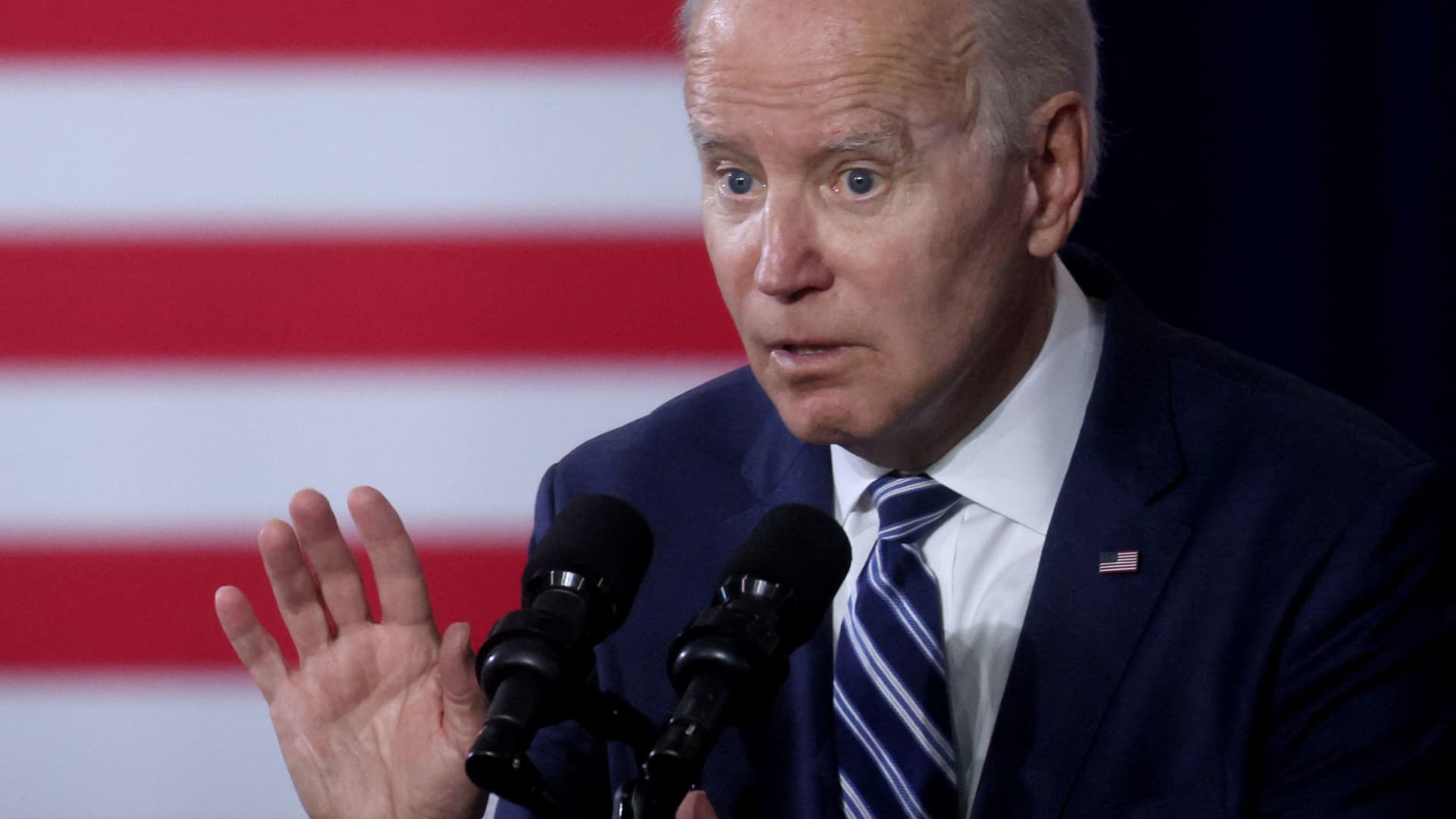Saudi Hunts For Gunmen Who Shot BBC Journalists
BBC correspondent Frank Gardner, 42, lay in a critical but stable condition in a Saudi hospital, the British embassy said Monday, according to Agence France-Presse (AFP).
The BBC identified the dead cameraman as Simon Cumbers, 36. The two men traveled to Saudi Arabia last week following attacks in the city of Khobar, BBC said.
Sunday’s attack, the fourth in five weeks on Westerners in the kingdom, heightened security fears among the tens of thousands of expatriates in the world’s largest oil exporter, Reuters reported.
Gardner, "is a leading expert on Al-Qaeda and works full-time reporting on the war on terror," the British broadcaster said in a statement.
Cumbers, 36, was "a freelance journalist and cameraman who has worked throughout the world filming international news stories for the BBC and for (other) news organizations," the BBC said.
Security sources said the gunmen fled after the shooting.
British Ambassador Sherard Cowper-Coles told the BBC there was a "serious and chronic terrorist threat" in Saudi Arabia and warned the shooting could drive more Westerners to leave the Gulf state.
The BBC’s head of news Richard Sambrook said the crew were in Al-Suweidi district, filming the house of an Al-Qaeda militant who police killed last year.
In line with local practice, the pair were accompanied to Al-Suweidi district by a "minder" from the Saudi information ministry who reportedly escaped unhurt, AFP said.
Security sources said the gunmen separated the Saudi escort from the journalists before shooting them. Authorities are questioning him for more details, Reuters reported.
‘Aware’
Sambrook said that both reporters would have been aware of the danger.
"Nobody knew Saudi Arabia or knew the sort of risks they were undertaking better than Frank who had lived and worked in Saudi Arabia and spoke fluent Arabic and who was an expert on Al-Qaeda and on terrorism," he told the BBC Radio 4’s Today program.
"Simon was also extremely experienced in terms of working in difficult locations like this so both men would have thought very seriously about what they were doing and how they were going about it."
The deadly attack came barely a week after gunmen killed 22 people, including several Westerners, in a rampage and hostage-taking drama in the eastern oil city of Al-Khobar. The assault helped push oil prices to record highs before producers vowed to raise output.
Condemnation
British Foreign Secretary Jack Straw condemned the attack and expressed admiration for Gardner.
"I utterly condemn the attack on BBC journalists in Riyadh today," Straw said in a statement.
"I extend my sympathy to the family of the cameraman who was killed and my thoughts are with Frank Gardner, his family, colleagues and friends.
"Gardner is an outstanding reporter who always seeks to do everything he can to explain the dangerous world we live in to the BBC audience.
"I have nothing but admiration for journalists like Mr Gardner who know their lives are at risk as they go about their work.
"We will continue to do all we can to support the Saudi authorities in their fight against terrorism," Straw said.
Frightening
Despite the security forces’ relentless hunt for terror suspects, presumed Al-Qaeda supporters have escalated attacks since April 2004, bombing a security forces building in the capital before expanding their scope of operations to target both Westerners and oil-related facilities in various parts of the vast kingdom.
Six Westerners – two Americans, two Britons, an Australian and a Canadian – were killed when gunmen went on a shooting spree at a petrochemical plant in the Red Sea industrial port of Yanbu on May 1.
On May 22, a German national working in the catering department of the Saudi national carrier was shot dead in Riyadh, and last weekend, four Westerners – an American, a Briton, an Italian and a Swede – were among the 22 people killed in Al-Khobar carnage.
On Wednesday, June 2, one American serviceman was slightly injured when shots were fired at two vehicles carrying two U.S. military personnel who helped train the Saudi National Guard as they drove along a highway outside the Saudi capital, according to the U.S. embassy in Riyadh.
Statements attributed to Al-Qaeda and affiliates, sent by email or posted on websites, have claimed responsibility for the latest attacks.
On Friday, June 4, a statement attributed to Abdul Aziz Al-Muqrin, who is alleged to be Al-Qaeda chief in Saudi Arabia and tops the most-wanted list, hailed the recent spike in oil prices that was partly caused by the attacks in the oil-rich kingdom and took pride in the killing of "all infidel hostages" during Al-Khobar carnage.
Three of Al-Khobar gunmen escaped, while a fourth was wounded and captured, according to Saudi authorities.
Saudi Foreign Minister Prince Saud Al-Faisal gave credence Sunday to reports that the gunmen were allowed to escape.
Security forces who besieged the building where hostages were being held had been right to give priority to saving the captives’ lives, the minister said.
"These criminals had no inhibition against taking lives," he told reporters, adding that security forces were on their trail and would capture them.
Britain has since February 2004 advised its nationals against traveling to Saudi Arabia, while the United States has been urging Americans to leave since mid-April 2004.
About 30,000 Britons and 35,000 Americans live in Saudi, among thousands of other expatriates from all over the world.
"It’s frightening. We are seeing them (militants) carrying out more attacks. I don’t see it ending," one Westerner told Reuters.
Riyadh’s Suweidi district is a stronghold of Saudi-born Osama bin Laden’s Al-Qaeda followers and 15 of the 26 most wanted militants in the kingdom, including the leader of the group in Saudi Arabia, Al-Muqrin, come from there.
Saudi Arabia has been battling Al-Qaeda for more than a year, and security forces have arrested or clashed with many suspected militants in Suweidi in recent months.
At least 80 civilians and police have been killed since May 2003 in a string of bombings and attacks blamed on Al-Qaeda. Police have killed or arrested nine top militants.



